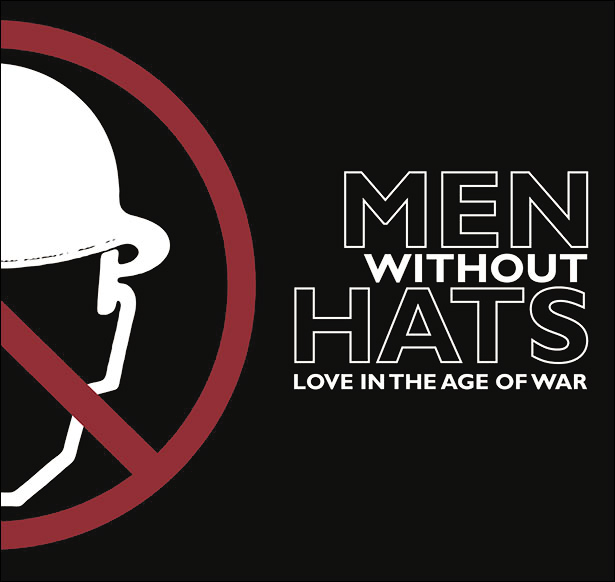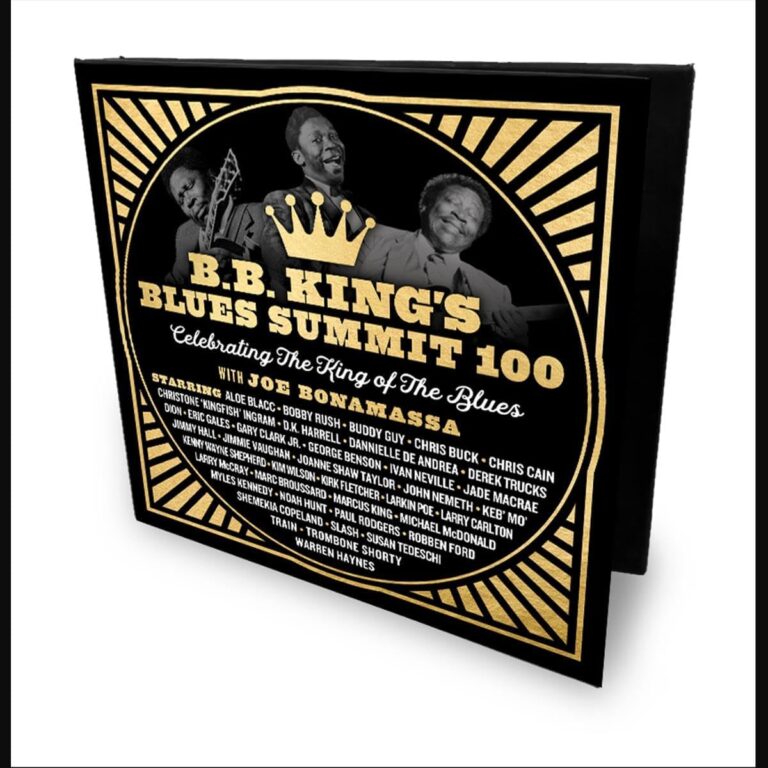
The eighties are one of the most maligned and mocked decades of all time. Whilst the fashion trends of the fifties, sixties and seventies were hardly free from their share of comical implications, it is the eighties that are singled out as being the decade that fashion forgot. Equally the music of the period is regularly considered particularly mirth-inducing, and yet, what is so often forgotten is the desolate landscape into which most eighties acts found themselves catapulted; between the opulence of the hard rock and progressive bands of the early seventies and the scorched earth tactics of the punks that followed in their wake, existing bands had to batten down the hatches and rely on their skills and experience to see them through, whilst innovators had to turn to whole new instruments in order to develop a unique sound. The result was a number of acts who cleverly mixed up the minimalist approach of punk and the emerging wave of improved synthesisers (far more portable and reliable than in the days of The Who and Pink Floyd) to craft a sound that was sparse, robotic, futuristic and yet often laden with a pop sensibility which cynical music fans today overlook in their desire to giggle at the videos. Consider the acts of the eighties who, despite being written off as finished, either continued on regardless or reformed recently, and who are now considered key innovators and influences on much that followed: Depeche Mode, Adam and the Ants, New Order, Gary Numan (whose solo career kicked off in 1979 and went stratospheric in the eighties) and, of course, Men without hats – all of these acts have not only weathered the ridicule, but deservedly maintained a wide following of affectionate fans able to see beyond the bizarre aesthetic that marked the eighties so indelibly in everyone’s minds. The reason for this enduring success, all cynicism aside, is that all of these bands had the songs and the melodies to last above and beyond the vagaries and intrigues of the taste-makers of the press; the music they made has lasted because, for all its innovation, it still had a core of classic pop lyricism and melody that made the songs memorable as well as popular.
This brings us to The Men Without Hats, the Canadian pop sensation behind the insanely catchy ‘safety dance’; the video for which stands alongside the evergreen ‘prince charming’ in terms of hallucinatory visuals; who have returned with a new album and a tour (their first in Europe in over twenty years) to remind the world that their music was not just an anomalous trend of the eighties, but an enduring phenomenon with well-crafted lyrics and melodies designed to linger in the brain long after the disc has left your player. So, how does ‘love in the age of war’ stand up in the modern world? The answer, somewhat unsurprisingly, is it stands up very well, demonstrating that pop music can be both catchy and intelligent at the same time. Relying, still, on the heavily synthesised sound of their classic albums, Men Without Hats sound older and wiser, although not mired in cynicism, with the result that a good deal of the album musically recalls ‘Vision thing’-era Sisters of Mercy.
Kicking off with ‘devil come round’, it’s immediately clear that the beats and keyboard will remain at the forefront of Men Without Hats’ music, whilst the vocals of Ivan Doroschuk continue to be as impassively baritone as ever, while the harmonies of Lou Dawson add a great deal of sweetness and contrast to the overall sound. It is also clear that the MWH sound is now a little heavier and a little darker than previously with the guitars of James Love playing a strong role in driving the tracks forward. The second track is also a classic in the making – ‘head above water’ is the sort of pop gold that seems to elude the modern generation, relying on an insistent melody and joyful pop hook that refuses to let go even as the song fades away. For those searching for a harder edge, you don’t have to look far as ‘everybody knows’ with its monotone vocal delivery and hefty beat delivers a powerful pop punch coupled with another catchy chorus destined to draw you back time and again, as any good pop music should. ‘The girl with the silicon eyes’ gives Lou a greater vocal role to play, whilst the intelligently written lyrics provide a strong backbone to the pared-down music – a common feature of the album.
Easily one of the most immediate songs on the album, ‘this war’ (which comes complete with its own intro) is an instant dance-floor classic with its thumping beat and easily remembered phrase-driven lyrics. It’s both nostalgic and forward looking, as if the band’s music, so futuristic in 1982, has finally caught up with its own time period. Rather more perverse is ‘your beautiful heart’ which veers away from the bruising sound of its predecessor towards the Pet Shop Boys, those million-selling survivors of the pop industry. ‘Live and learn’, the voice of experience reasoning with an increasingly youthful market, demonstrates clearly that lyrical integrity can be delivered in a catchy, accessible manner without being watered down and then ‘close to the sun’ appears as a whimsical, charming ballad that carries with it a beautiful sense of melody that is as haunting as the subject matter is reflective. As the album draws to a close ‘Love’s epiphany’ reprises the feel of ‘head above water’ for another bouncy and yet strangely melancholic pop track and then the title track closes the album on a positive note with its springy electronics and suave vocals.
Listening to ‘love in the age of war’ it’s remarkable, firstly, how contemporary this ‘retro’ music sounds, and how much the world has missed gritty, well-written pop (as opposed to the current pop music churned out by depressed middle-aged song-smiths and delivered by scantily clad wannabes destined to be forgotten the second things start to droop). In short, for all its electronic, futurist elements, this is pop music with a real, beating, warm human heart and the melodies delivered across the course of the album are deceptively simple and largely unforgettable. A key ingredient in this success lies, not just with the song-writing skills of this veteran band, but with the sympathetic production of Dave ‘Rave’ Ogilvie (of Skinny Puppy fame) whose experience shines through on the album. Utterly uncluttered by extraneous noise, Dave brings the melodies to the fore and lets the band’s human strengths shine through, even whilst the backdrop remains as synthetic as ever. The result is an album that you can enjoy at home or on the dance floor, albeit for different reasons, and there are songs here that are as strong, if not stronger, than the existing classics in the band’s canon. For sure there are those who will remain unswayed by the band’s approach, such music is necessarily sonic marmite, but for those eager to relax with some classic pop tunes then ‘love in the age of war’ is a wonderful album.



